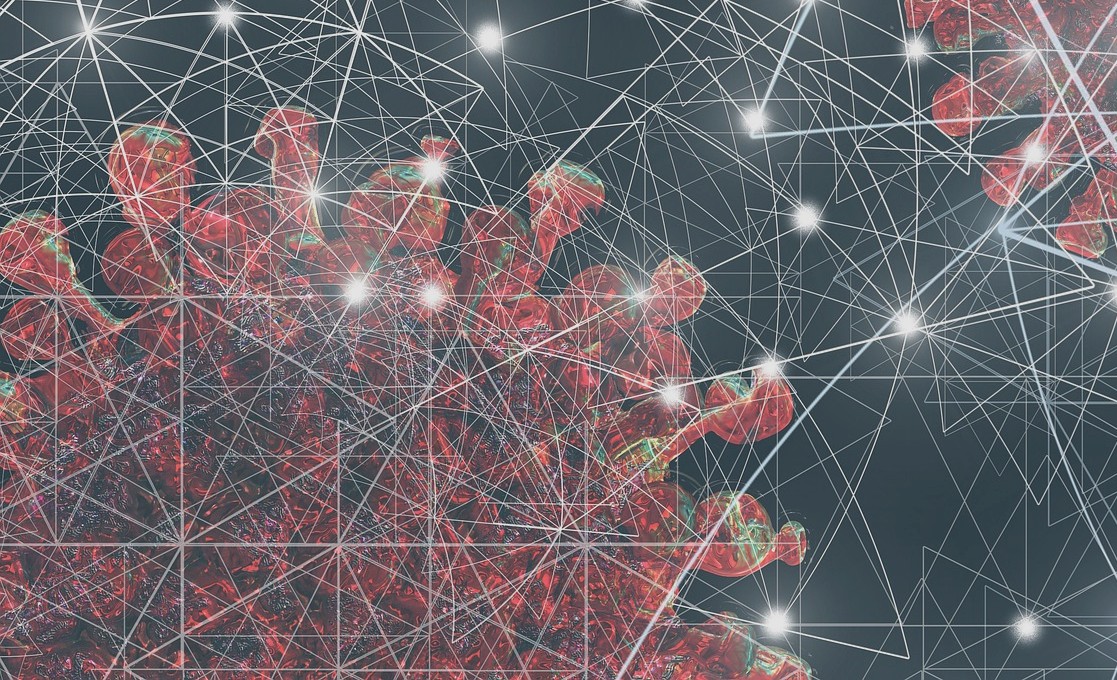Ruben Ros – Board Member UNA-NL
The coronavirus has awakened something in our political leaders. After some first weeks of denial and negligence most of them acknowledged the gravity of the COVID-19 pandemic. Schools were shut, public gatherings forbidden and lockdowns proclaimed.
It is striking how the language of political leaders has been drenched in militarism. We are “at war” with the virus. Emmanuel Macron spoke of an “invisible enemy” and Boris Johnson, in his next attempt to present himself as the next Winston Churchill, called for a collective national effort similar to the one the British people delivered during the Second World War. In the meantime, healthcare workers are praised as soldiers. We receive messages “from the front” on a daily basis and the international scramble for ventilators and face masks comes across as a full-blown intelligence operation.
The corona virus is framed as a war, and this is a problem. A virus is not a war, and saying that it is hinders the search for creative solutions, democratic deliberation and multilateral collaboration.
Fighting a virus is nothing like a war. Last month the British historian David Edgerton wrote in the New Statesman how comparing the corona virus is questionable in a multitude of ways. Wars mobilize societies while viruses bring them to a full stop. The idea of wars as moments of national unity is also highly problematic. In fact, wars often create new enemies. While our leaders are eager to mobilize the electorate in the face of an “invisible enemy”, it is exactly the invisibility of that enemy that stimulates the search for other scapegoats. Overall, any comparison between wars and the virus leads to the conclusion that saying that we are at war is nothing but a narcissistic fantasy made up by people who probably never experienced the horrors of armed conflict themselves.
Besides the problem of incomparability, militaristic language also actively hinders solutions. Saying that something is a war has consequences. As said, there is the issue of the enemy. Political leaders hope for a rally-around-the-flag effect when invoking images of war. This begs for the identification of enemies: the Chinese, hoarding shoppers, elderly people who halt the economy or uncaring young people. Comparisons hereby not seldom reinforce existing ideas about who not to trust.
Describing the virus as an enemy also obscures the way we ourselves played a role in creating it. The destruction of ecosystems by human industrial societies stimulated the interactions between animals and humans that produced COVID-19.
Proclaiming that something is a war also means that one rhetorically suspends the ordinary. The society is brought to a full stop. We enter a state of crisis in which we are to abide by the rules, know our place in the order of things and prepare for the “new normal”. A state of war is, in the words of Giorgio Agamben, a state of exception. Not seldom, this comes with extended state powers, the undermining of rights and the hinderance of democratic decision-making. In an adrenaline-fueled search for the perfect corona app civil liberties are thrown under the bus. Parliamentary debate is temporarily suspended or reduced to an absolute minimum because the virus is supposedly apolitical and to be left to the experts. Of course, the widespread feeling of “shut up and listen to the experts” was largely sympathetic in the beginning. Only now we are realizing that this is not a sustainable solution. Expertise is not singular and choices have to be made that are deeply political. Suspending the political by declaring a state of war is not going to help in democratising the crisis.
In a similar fashion war-talk obstructs meaningful cooperation. A side effect of declaring a state of war is the imagination of international order as one of unbound anarchy. War talk gives the illusion that we are thrown into a Hobbesian state of nature. But this is all but true. We have a rich pallette of international institutions at our disposal. These institutions could help solving the crisis. The WHO could have stimulated the exchange of scientific insights necessary to produce and distribute a vaccine. The United Nations and the IMF could have had a vital role in assisting countries that are unable to tackle the virus. But no, instead our leaders, anxious for their next reelections turn inwards, proclaim a state of war in the hope that their people are somehow rallying around an imaginary flag. The US resistance to the Global Ceasefire campaign is yet another piece of evidence for this nationalist wartime mentality.
A virus is not a war, but a crisis that needs internationally grounded and democratically legitimized intervention.
